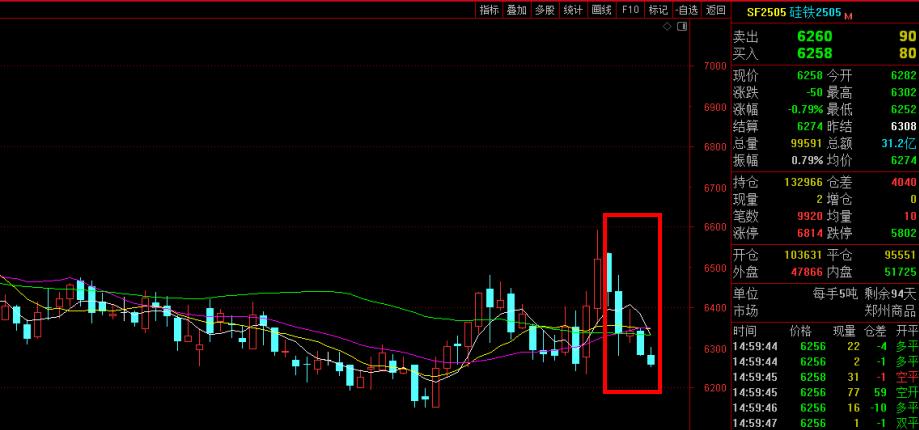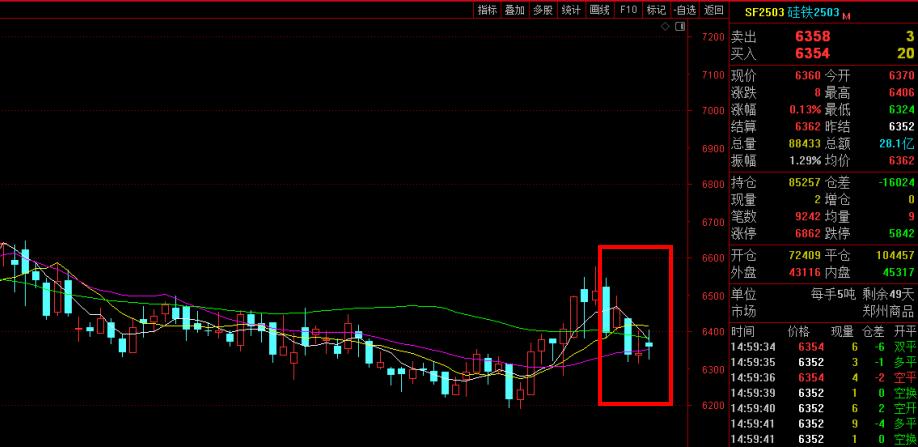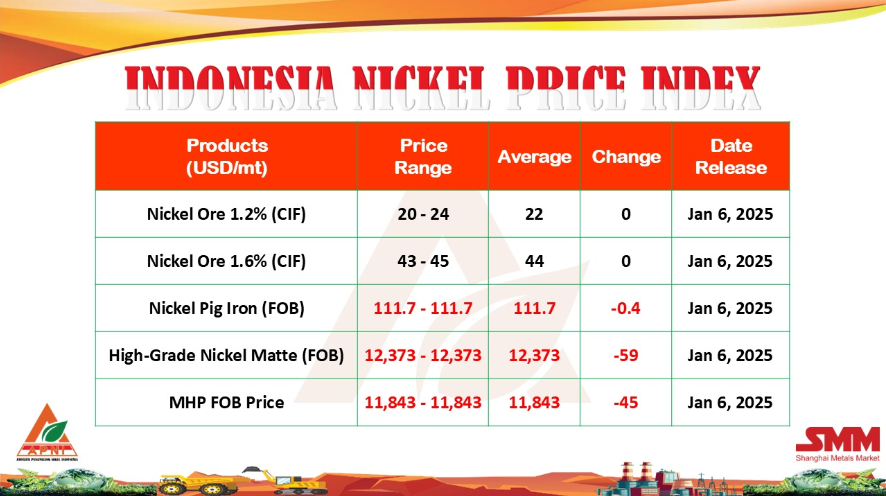[www.ferro-alloys.com] At G20, Jean-Claude Juncker betrayed signs of frustration that Beijing was not cooperating.
The EU has given its first public description of new trade defenses to protect European steel mills against a tide of cheap Chinese imports.
European Commission President Jean-Claude Juncker warned Chinese officials Sunday that Brussels was devising a tough scheme of anti-dumping tariffs that would penalize Chinese producers for failing to rein in overcapacity.
Brussels is expected to make a formal proposal on these new trade defenses as early as next month. The imminent proposal is one of the most hotly awaited policy decisions from the Commission, as many of Europe’s core industries — such as steel, aluminum, ceramics and textiles — complain that they could soon be wiped out by ultra-cheap Chinese imports.
Delivering his warning at a summit of the G20 leading economies in the Chinese city of Hangzhou, Juncker said: “Addressing the challenge of overcapacity in a credible manner will be the test case as the European Commission comes to assess the treatment of China in our anti-dumping and anti-subsidy investigations. I am determined, together with [Council President Donald] Tusk, to defend the interests of the European steel industry and its workers.”
Chinese steel overproduction is running at about twice the level of the EU’s total output.
Defenses against China have become an increasing problem for Brussels since it was forced to acknowledge in July that, under World Trade Organization rules, EU countries would have to start treating Beijing as an industrialized “market economy” in trade disputes.
This means that, from next year, the 28 EU countries in the world’s biggest trade bloc can no longer use the tough measures they used to be able to deploy against “non-market economies.”
Instead, the European Commission has scrambled to draw up a new methodology for China, which will factor in the country’s jaw-dropping overcapacity. Chinese steel overproduction is running at about twice the level of the EU’s total output.
Diplomats confirmed that the EU is studying ways to hit exporters with massive overcapacity with the sort of sky-high tariff levels seen in the U.S. but added that Brussels faces two major obstacles to switching over to this new system.
First, the EU has encountered persistent problems with obtaining reliable data on Chinese companies, something which has particularly plagued anti-subsidy investigations. Proving overcapacity at a particular Chinese steel mill is likely to prove difficult without Chinese cooperation.
Juncker betrayed signs of frustration that China was not cooperating.
“It is crucial that China accepts to set up a mechanism to monitor overcapacity in the steel sector and its causes. We discussed the matter at the last EU-China summit in July and we agreed on a bilateral working group,” he said in Hangzhou.
One person following the issue said that the working group had been expected in early September, but it would probably be delayed.
Chinese President Xi Jinping was diplomatic but non-committal. “Overcapacity is a global problem but there is a particular Chinese element,” he told a news conference.
The second potentially fatal problem for Brussels is that there is a blocking minority of countries preventing the Commission from raising duties against China, even with a new methodology based on overcapacity.
One diplomatic source told POLITICO that the Commission was planning to hike retaliatory tariffs by proposing a series of waivers to the so-called “lesser duty rule” in cases involving Chinese companies with overcapacity.
Under the complex requirements of the “lesser duty rule,” the EU does not usually impose tariffs to recoup the full sum by which dumped imports undercut production prices, as happens in the U.S. Instead, the EU normally hits dumping companies with a far lower penalty, calculated only to counter any actual harm to European businesses.
While France and Germany are pushing to drop the lesser duty rule and move over to a tougher U.S.-style system, Britain and other northern European countries have been blocking any changes, which they regard as running against the spirit of free trade.
The success of the Commission’s proposal could heavily depend on breaking opposition to higher tariffs and to a reform of the lesser duty rule.
But one northern European diplomat said there was little chance of that, describing such an overhaul as “fundamentally illiberal.”
**Article from Internet for reference only
- [Editor:tianyawei]



 Save
Save Print
Print Daily News
Daily News Research
Research Magazine
Magazine Company Database
Company Database Customized Database
Customized Database Conferences
Conferences Advertisement
Advertisement Trade
Trade














 Online inquiry
Online inquiry Contact
Contact

Tell Us What You Think